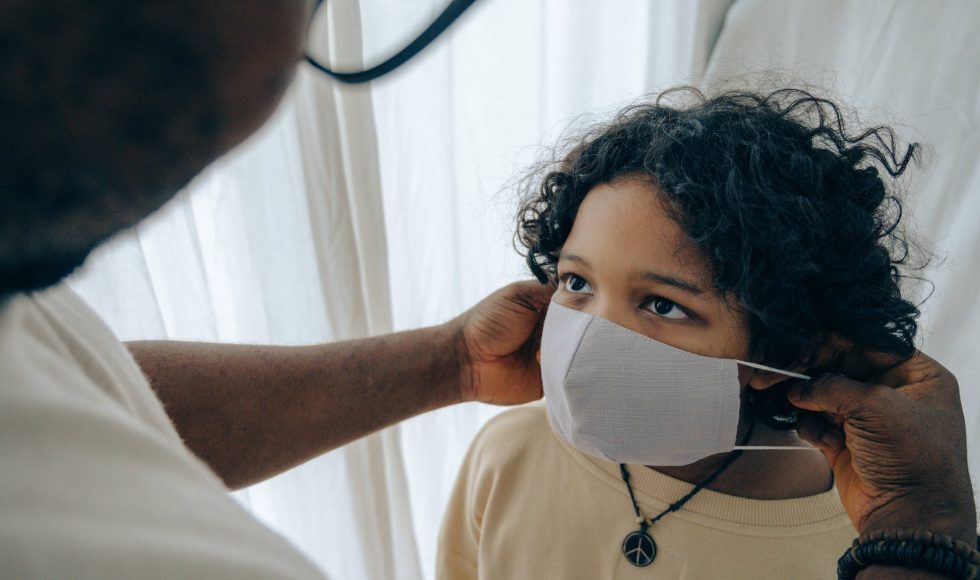Tonight I watched the London Calling 2023 session entitled “The potential application of nanopore sequencing for liquid biopsy analysis in children with cancer.” The second speaker was Carolin Sauer, a public research fellow at EMBL-EBI in the UK. Sauer focused on pediatric cancers and noted that they are the leading cause of death in the […]
Emma Baple from the Royal Devon University Healthcare NHS Foundation Trust & the University of Exeter spoke at London Calling 2023 about “Empowering NHS rapid diagnostic testing with long-read sequencing.” They explained how rapid genetic tests for acutely ill children with rare diseases is critical, and they shared some intriguing statistics about the prevalence of […]
The London Calling 2023 showcase stage on conservation included a four-minute recorded session that I watched tonight. Phoebe Oldach from Basecamp Research spoke about “Building a comprehensive knowledge graph of novel proteins with long-read metagenomic sequencing and global partnerships.” They began by describing the field of identifying new proteins. Oldach explained that there is a […]
Dr. Sergey Koren from the National Institutes of Health presented at London Calling 2023 on “Automated telomere-to-telomere crop genome assembly using only Oxford Nanopore sequencing.” His background is in computer science. Dr. Koren began by mentioning that the telomere-to-telomere (T2T) human genome was recently completed, adding almost 8-10% to the genome. He described how Nanopore […]
Mo Li from King Abdullah University of Science and Technology (KAUST) in Saudi Arabia presented a five-minute session about “Single-cell full-length nanopore sequencing for quantitative variant analysis of native and genome-edited mitochondria.” They explained that human mitochondrial DNA (mtDNA) has a circular genome of 16.5 kb. Mutant mtDNA has an uneven distribution in tissues, and […]
Jeremy Wang from the University of North Carolina at Chapel Hill presented at London Calling 2023 on “Low-cost nanopore transcriptomics enables robust characterisation of diverse tumour types in low- resource settings.” They spoke about the variation in global childhood cancer five year survival. It was startling to see on a map the differences by region/country. […]
Tsutomu Suzuki from the University of Tokyo in Japan presented at London Calling 2023 a fifteen-minute recorded session about “Nanopore sequencing of tRNA modifications.” Suzuki is a biochemist in the field of RNA biology. They began describing how RNA modification enriches the diversity of RNA. Suzuki noted that tRNA modifications have been studied for a […]
Helen Gunter from the Australian Institute for Bioengineering and Nanotechnology at the University of Queensland in Australia spoke at London Calling 2023 about “Using nanopore sequencing to understand the manufacture, delivery, and action of mRNA vaccines.” Gunter explained how they use Oxford Nanopore Technologies devices and sequencing in vaccine development. They spoke about the mRNA […]
Michael Clark from The University of Melbourne in Australia presented at London Calling 2023 the session entitled “Investigating RNA isoform expression using the IsoMix toolkit.” They have created tools for RNA isoform analyses. Clark shared an example of a human gene expressed in multiple RNA isoforms. They explained that alternative isoforms can create RNAs and […]
Mark Bricknell, a Realtime Analysis Fellow with Oxford Nanopore Technologies, spoke at London Calling 2023. The title of the session is “Dorado – the future of basecalling.” I have been thinking about basecalling and duplex reads today. Bricknell explained that basecalling uses recurrent neural networks that are computationally intensive to interpret raw signals into sequences. […]











